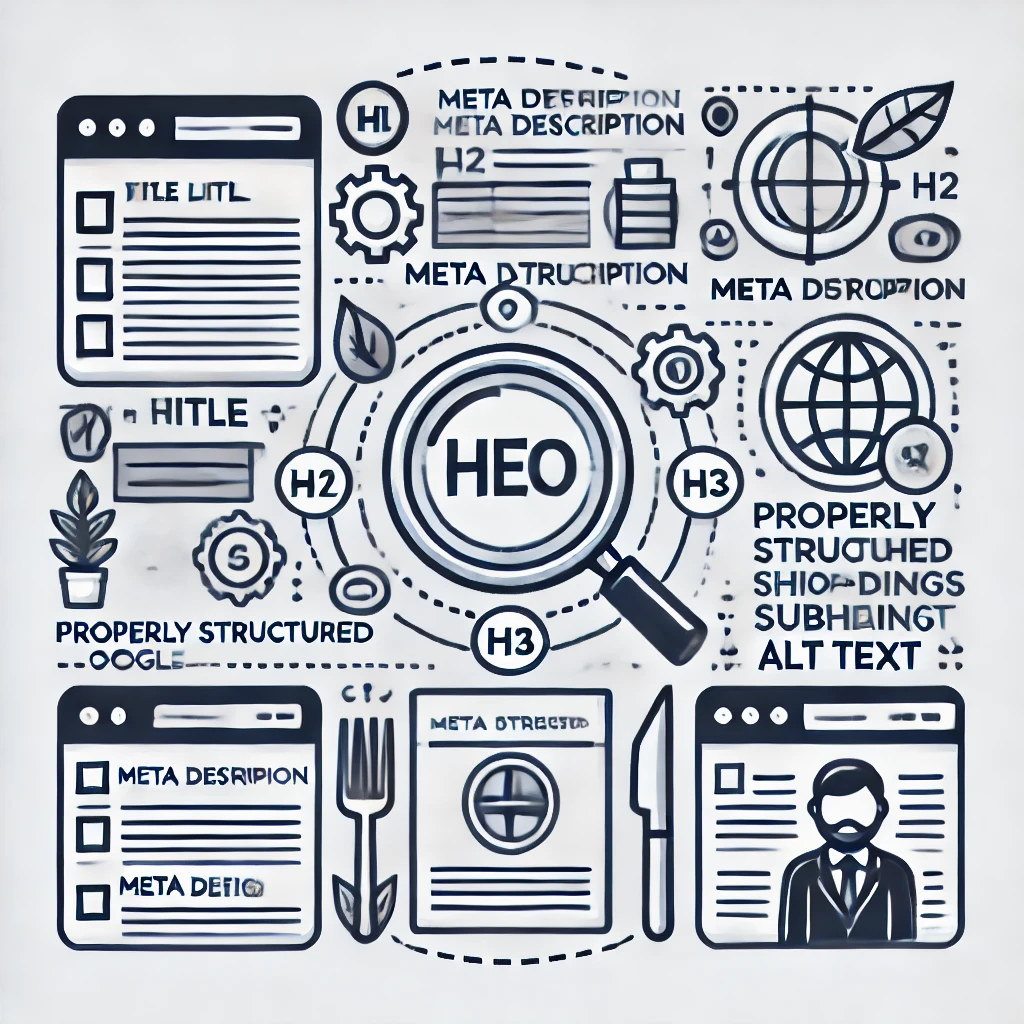AI-Powered Content Suggestions || 2025 || Technology ||
AI-Powered Content Suggestions for SEO Optimization
Content is the backbone of SEO, and AI-powered website builders are revolutionizing how businesses create optimized content. AI-driven content suggestions help enhance relevance, readability, and keyword usage, ensuring that websites rank higher on search engine results pages (SERPs). In this blog, we delve into how AI-powered content suggestions improve SEO strategies.
1. Keyword Optimization
AI website builders analyze trending keywords and suggest content based on search intent. By incorporating these AI-recommended keywords naturally, businesses can improve their content’s relevance and discoverability.
With real-time data, AI tools can also suggest variations of primary keywords, ensuring that content remains fresh and optimized for long-tail keyword searches. AI-powered algorithms detect keyword gaps and provide alternative phrasing options to enhance ranking potential.
2. Content Structuring and Readability
AI tools guide users in structuring content effectively by suggesting headings, bullet points, and paragraph breaks. This enhances readability, keeping visitors engaged and reducing bounce rates.
Additionally, AI-driven readability scores assess the clarity of the text and suggest improvements, making content more engaging for broader audiences. AI can also personalize content structuring based on audience preferences, increasing user engagement and dwell time.
3. NLP-Driven Topic Suggestions
Natural Language Processing (NLP) algorithms help AI tools suggest topics that align with audience interests and search trends, making content more relevant and authoritative. By analyzing competitor content and search trends, AI suggests high-impact topics that drive more organic traffic.
4. Internal Linking Recommendations
AI website builders suggest internal links to improve site navigation and distribute link equity, enhancing overall SEO performance. These suggestions are based on analyzing user behavior and search relevance. AI-powered link recommendations ensure that anchor texts are contextually relevant and optimized for SEO.
5. Content-Length Optimization
AI tools analyze competitor content and recommend optimal word counts for blog posts and landing pages to maximize SEO effectiveness. These insights ensure that content remains competitive while maintaining engagement. AI also adjusts recommendations based on search engine algorithm updates, keeping content strategies aligned with ranking factors.
6. AI-Generated Meta Descriptions
Optimized meta descriptions improve CTR by making content more appealing on search results pages. AI tools craft compelling and keyword-rich meta tags based on competitor analysis and audience behavior trends. AI can dynamically A/B test multiple meta descriptions to determine the most effective option for increasing click-through rates.
7. SEO-Focused Content Analysis
AI content tools analyze readability, keyword density, and engagement metrics, ensuring that content aligns with SEO best practices. AI-based A/B testing can further refine content strategies for higher engagement rates, leading to improved search visibility and organic growth.
Conclusion
AI-powered content suggestions empower businesses to create high-quality, SEO-optimized content effortlessly. By leveraging AI insights, businesses can improve search rankings, enhance engagement, and drive more organic traffic to their websites.




Comments
Post a Comment